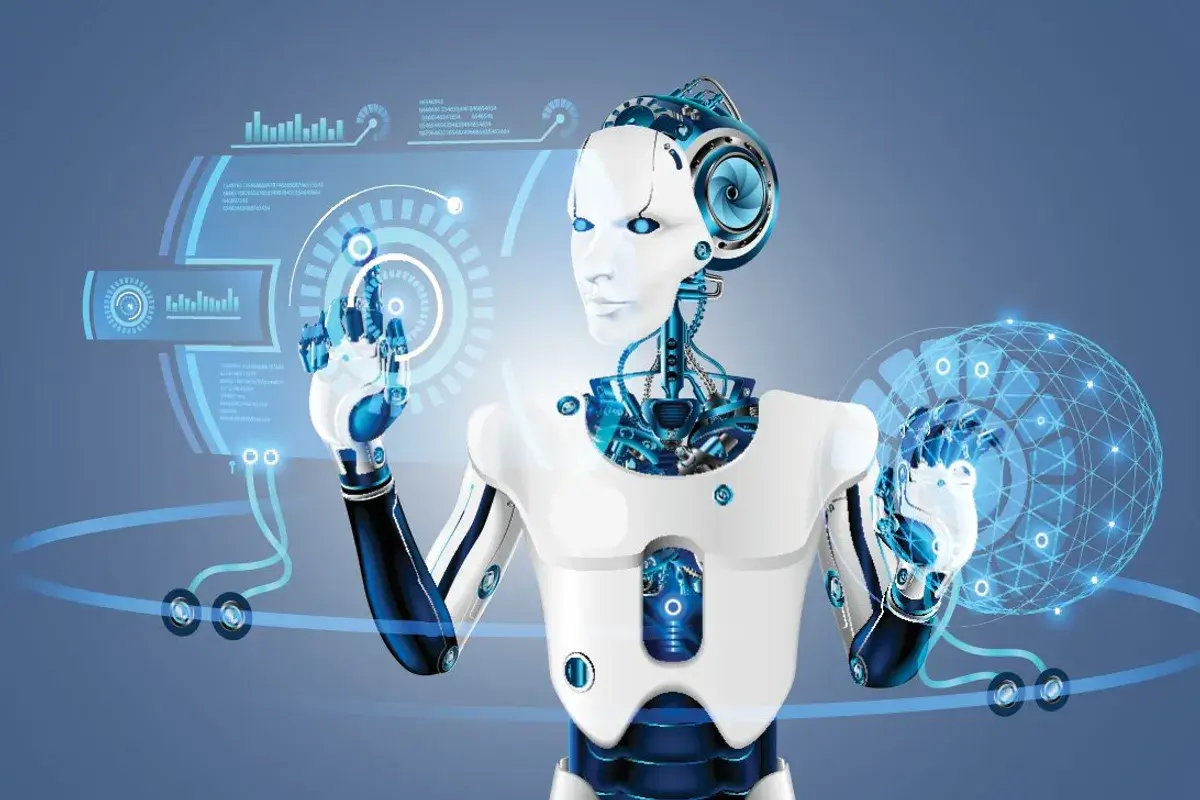The integration of artificial intelligence (AI) into reproductive medicine is rapidly transforming the landscape of fertility care, raising both hopes and ethical considerations. AI-driven technologies are being developed to improve various aspects of assisted reproductive technology (ART), from diagnosis and personalized treatment plans to embryo selection and even automated in-vitro fertilization (IVF) processes.
Technological Advancements
AI algorithms are now capable of analyzing vast amounts of data, including patient histories, genetic markers, and diagnostic test results, to identify potential causes of infertility more efficiently than traditional methods. AI can also enhance ultrasound imaging, improving the accuracy of ovarian follicle counts and endometrial thickness measurements, which are crucial for determining fertility potential.
In IVF, AI is revolutionizing embryo selection. Traditionally, embryologists manually evaluate embryos under a microscope, a process that can be subjective. AI algorithms, trained on large datasets of successful and unsuccessful pregnancies, can analyze time-lapse images of embryos to predict their implantation potential with greater accuracy. These AI-powered embryo grading systems help embryologists select the best embryos for transfer, increasing the chances of successful pregnancies.
AI is also being used to improve sperm analysis, assessing parameters such as motility, morphology, and DNA fragmentation. AI-powered sperm analysis systems offer a more standardized and objective approach than manual evaluations, leading to better selection of sperm for fertilization.
Furthermore, AI is enabling personalized treatment plans by analyzing data from previous IVF cycles and patient profiles to identify patterns and factors that impact success rates. This allows clinicians to tailor IVF protocols to meet each patient's specific needs, enhancing the chances of success while reducing the emotional and financial burden of multiple unsuccessful attempts.
The automation of IVF is another area where AI is making significant strides. Companies like Conceivable Life Sciences are developing robotic systems powered by AI to automate many of the manual steps in IVF, from egg freezing to embryo creation. These systems aim to reduce costs, improve efficiency, and standardize outcomes. One such system, called Aura, automates over 200 steps of the IVF process. In a clinical trial in Mexico, at least 20 babies have been born using robotic automation and AI with minimal human intervention.
Ethical Considerations
While AI offers numerous benefits in reproductive medicine, it also raises ethical and regulatory concerns. One major concern is the potential for algorithmic bias. AI models are trained on data sets, and if these data sets are not diverse and representative, the AI may perpetuate and even amplify existing inequalities in access to and effectiveness of fertility treatment.
Transparency and explainability are also critical ethical considerations. Many AI algorithms function as "black boxes," generating recommendations without clearly explaining the reasoning behind their conclusions. This lack of clarity can undermine informed consent and make it difficult for clinicians and patients to critically assess AI-driven decisions.
Another ethical concern is the potential for the "dehumanization" of human reproduction. Some authors perceive AI as part of a technocratic paradigm that commodifies embryos and undermines the dignity of human life. There are also worries about the risk of "machine paternalism," where AI replaces human judgment and potentially compromises patient autonomy.
Data privacy is another important ethical consideration. The integration of AI into ART requires informed consent from patients regarding the use of their anonymized data. Patients should be aware that their data may be shared with companies developing AI solutions to refine algorithms and improve predictive accuracy.
Looking Ahead
The future of AI in reproductive medicine is promising, with ongoing research and technological advancements continuing to push the boundaries of fertility care. AI-integrated fertility clinics, where machine learning tools work alongside human specialists, could become the standard in assisted reproduction. Emerging technologies like AI-driven robotic-assisted fertility procedures and virtual patient counseling are set to further enhance accessibility and success rates.
By 2035, AI in IVF is expected to become the standard across every phase of treatment, from predicting optimal egg retrieval windows to selecting the best embryo for implantation. AI systems will process thousands of patient variables to recommend fully customized treatment plans, and advanced algorithms will analyze embryo images in real-time, scoring them not just by morphology but by predicted implantation and developmental potential.
Despite the potential benefits, it is crucial to address the ethical considerations and regulatory challenges associated with AI-driven reproduction. Transparency, equity, privacy, and accessibility must be prioritized to ensure that these technologies are used responsibly and ethically. Collaboration among AI experts, clinicians, ethicists, and policymakers is essential to navigate these complex issues and unlock the full potential of AI in reproductive medicine.














